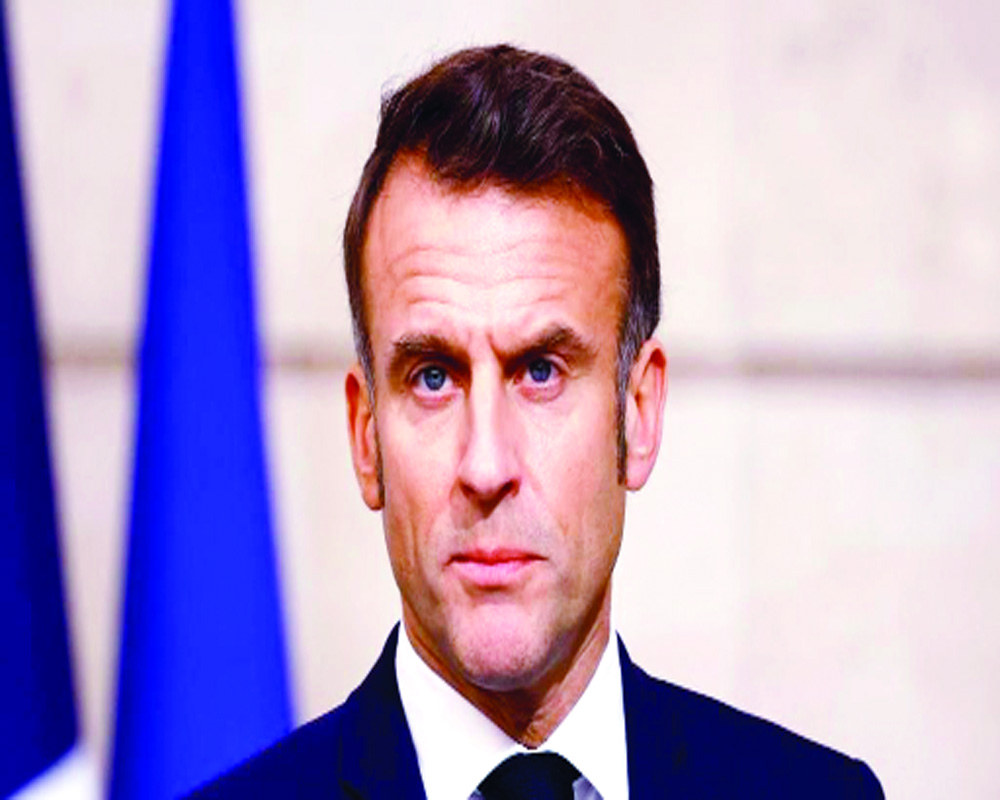France’s political instability and economic crisis deepens as Prime Minister Michel Barnier ousted in a rare no-confidence vote
In a dramatic turn of events, French Prime Minister Michel Barnier was ousted in a no-confidence vote on December 5, 2024, marking a rare political upheaval in France’s post-war history. The motion, which garnered 331 votes, united far-right and left-wing lawmakers against Barnier’s government, plunging France into political instability at a critical juncture. At the core of the crisis lies the contentious 2025 budget. Facing a massive budget deficit, Barnier’s government proposed a budget aimed at saving Euro 60 billion. The proposal included austerity measures that sparked widespread discontent across the political spectrum. Barnier’s decision to bypass parliamentary approval for parts of the budget using special constitutional powers was a key trigger for his removal. Interestingly, both the Left and the Right united to oppose the budget. By forcing the no-confidence vote, opposition lawmakers saw an opportunity to challenge a government struggling to unite a fragmented parliament. The ouster is a significant blow to President Emmanuel Macron, who now faces daunting challenges in appointing a successor capable of navigating a polarised parliament.
Macron’s leadership has been weakened, and his coalition has failed to maintain a majority, leaving his administration vulnerable to opposition maneuvers. France’s political landscape is now marked by deep uncertainty. The immediate challenge is ensuring fiscal continuity, as the lack of an approved 2025 budget could further erode investor confidence. Right now Macron has limited options. Macron may try to quickly install a new leader, aiming for stability before symbolic events like the reopening of the Notre-Dame Cathedral. However, finding someone who can secure cross-party support is a tall order. If the situation gets worse Macron could rely on emergency measures to extend the 2024 budget provisions or pass the 2025 budget by decree. However, such actions would carry significant political costs and might deepen the crisis. The turmoil comes at a precarious time for France and the European Union. With Germany grappling with its coalition government’s collapse and the return of Donald Trump to the US presidency, Europe’s political stability is increasingly in question. France, as the EU’s second-largest economy, plays a critical role in the bloc’s cohesion. Domestically, the crisis is a test of resilience for Marine Le Pen, whose National Rally party supported the no-confidence motion. While Le Pen seeks to position her party as a stable alternative to Macron’s government, prolonged instability could expose vulnerabilities in her leadership. France faces a soaring budget deficit, high inflation, and growing public dissatisfaction over austerity measures. The fragmented parliament reflects a divided electorate, complicating governance and increasing the likelihood of legislative deadlock. The road ahead requires deft political maneuvering to restore stability and address the systemic challenges that threaten France’s economic and social fabric.


























